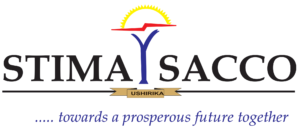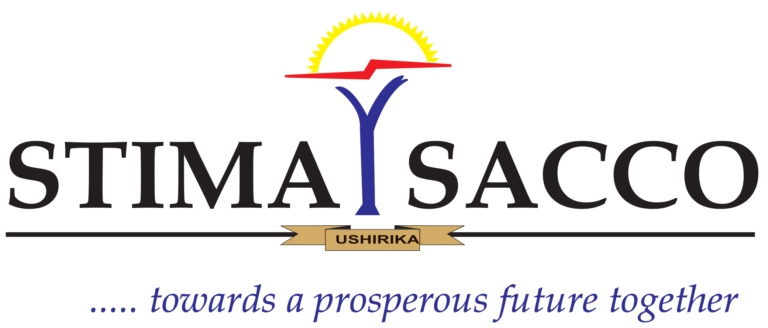What are the key differences between Shariah Compliant banking and conventional banking?
Shariah compliant banking offers Riba free banking in line with Shariah rules. It neither gives nor takes loans on interest. It operates as a trading company which buys, sells and enters into different modes and contracts of investment such as Mudharaba, Musharaka and other forms of trading and equity instruments to make profits.The absence of […]
Is Shariah Compliant Finance for Muslims only?
No, Islam does not prohibit from selling or buying or entering into partnership with non-Muslims provided the underlying transactions are Shariah compliant.
How does Shariah Compliant finance make profit?
Shariah compliant financial institutions invest/utilize the funds received from Account Holders/customers under Shariah compliant modes of financing such as Ijara, Murabaha, Salam, Istisna’ and investment contracts such as Mudaraba, Musharaka, Wakala etc. to generate profit.
What are the major Shariah Financing tools of Stima DT Sacco?
MURABAHA: It is a sale contract in which an individual/ entity sells an asset at cost plus an agreed profit. The sale price could be paid on spot or deferred basis. TAWARRUQ: A mode of financing, similar to Murabaha transaction, where the commodity sold is not required by the client but is bought on a […]
What is interest/Riba?
Interest/Riba is rent of money or the time value of money. It is the additional amount charged by a creditor in lieu of the time that he gives to the borrower for repayment or delay in payment.
What is Islamic Finance?
Islamic banking is a system of conducting business activities in line with the principles of Islamic Shari’a’. It follows the rules and provisions of Islamic jurisprudence pertaining to trade and business, so-called fiqhal muamalat (Islamic rules on transactions.Islamic banking avoids all the prohibited activities such as riba (usury-interest), gharar (uncertainty), financing of haram (forbidden) trades […]






